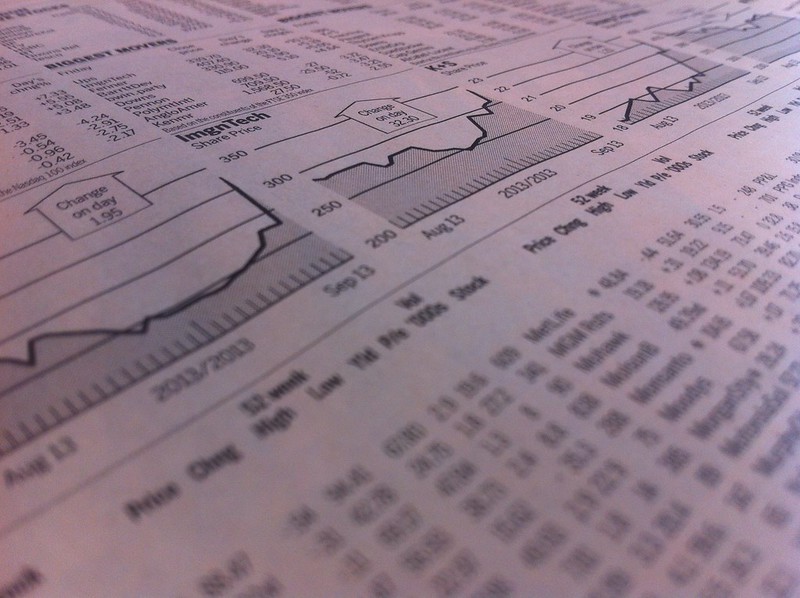
In an op-ed published in the Washington Times today, ATR Federal Affairs Manager Bryan Bashur underscored the benefits of stock buybacks. He also explained that the idea that buybacks only benefit corporate executives at the expense of workers and R&D is flawed.
In fact, buybacks are beneficial for employees’ retirement plans. Bashur points out that:
Individuals who do not actively work in the financial sector still have extensive exposure to the stock market. Retirement accounts hold the largest portion of corporate stock in the United States. In 2015, retirement accounts held 37 percent of the outstanding $22.8 trillion in U.S. corporate stock. In 2017, corporate-sponsored funds made up $4.45 trillion in market value; union-sponsored funds accounted for $409 billion; and public-sponsored funds, which benefits teachers and police officers, added up to $4.25 trillion.
Senate Banking Committee Chairman Sherrod Brown (D-Ohio) and Senate Finance Committee Chairman Ron Wyden (D-Ore.) introduced a bill to impose an excise tax on the share repurchases of publicly-traded companies. If enacted, this tax would be a disincentive for companies to perform buybacks and thus restrict equity distributions to shareholders. Bashur explains that:
The proposed 2 percent tax would reduce incentives to provide cash distributions to shareholders and force companies to retain earnings that will be used for less economically beneficial purposes. A tax on stock buybacks harms all shareholders and employees with an individual retirement account or 401k.
Buybacks and dividends provide the same economic benefit to shareholders—both actions provide a distribution of cash to shareholders. This is a boon for employees’ IRAs, 401ks, and pension funds, who reap the benefits of higher share prices from buybacks.
Finally, buybacks provide shareholders the opportunity to reinvest their new cash distribution into smaller companies and private equity. This will help ensure jobs are available across the country. Bashur states that:
Stock buybacks also benefit non-S&P 500 public companies and nonpublic companies. According to Fried and Wang, from 2007-2016, the equity shareholders receive from buybacks accounted for $407 billion in net shareholder inflows to non-S&P 500 public companies. Additional cash distributions result in a redistribution of equity into companies backed by private equity firms, which “employ almost 70% of U.S. workers and, and generate nearly half of business profits.”
Bashur urges members of Congress to oppose the Stock Buyback Accountability Act. For Democrats, this bill is not just about punishing the top one percent, but it’s about implementing a cultural shift in the United States so that no one can earn more or perform better than one’s peers.
Click here to read the full op-ed.

